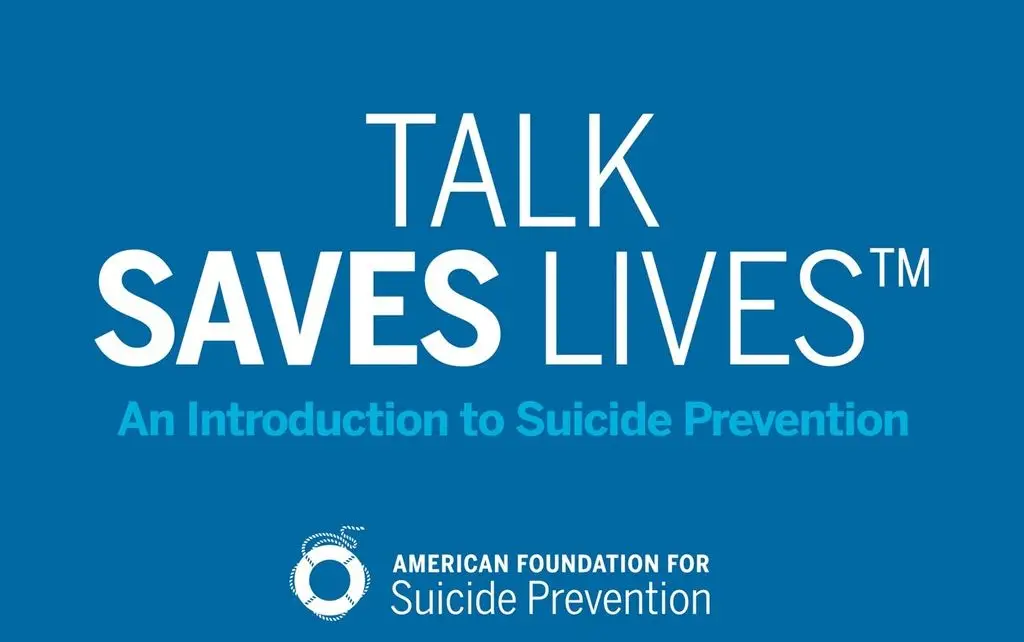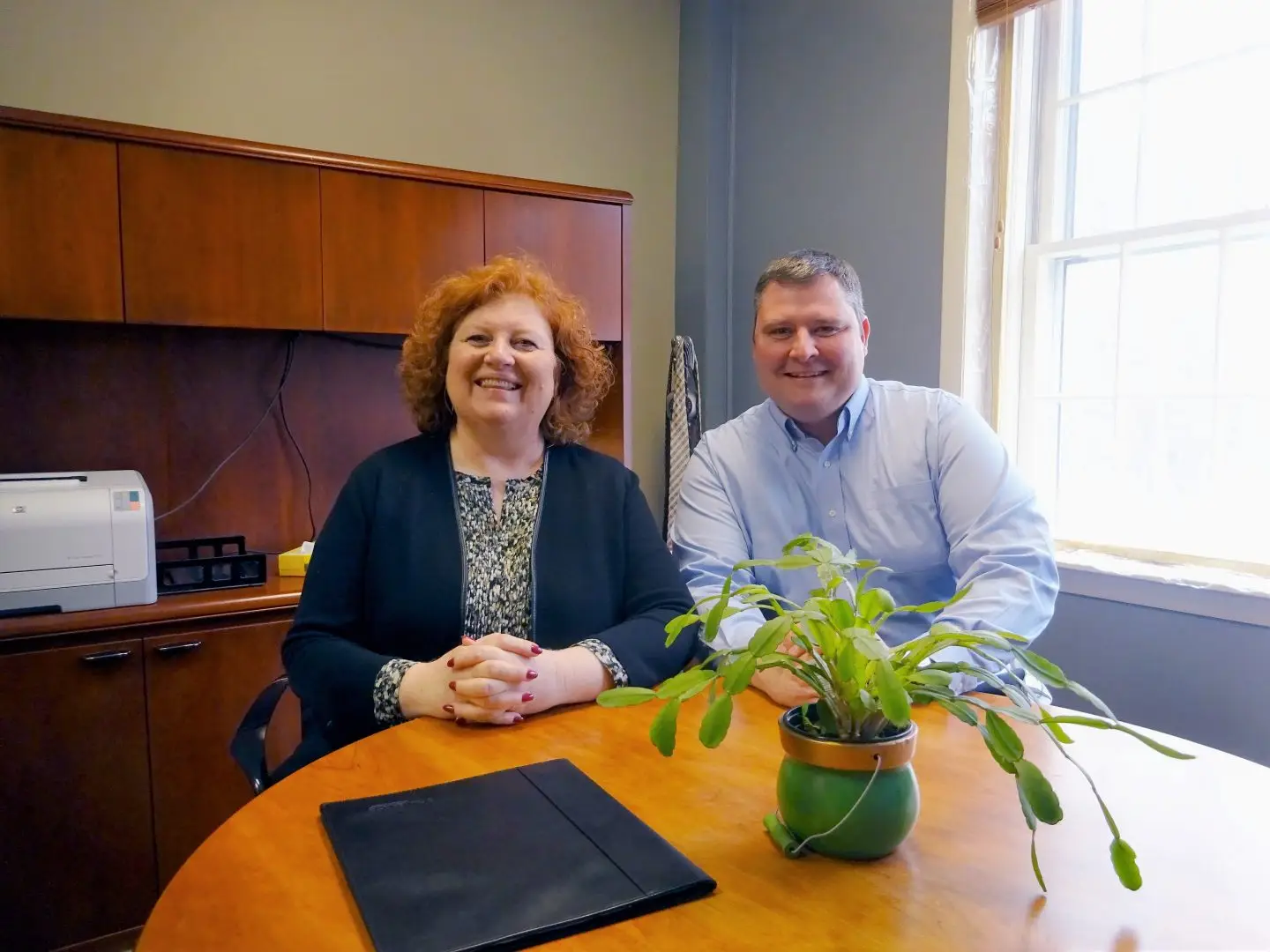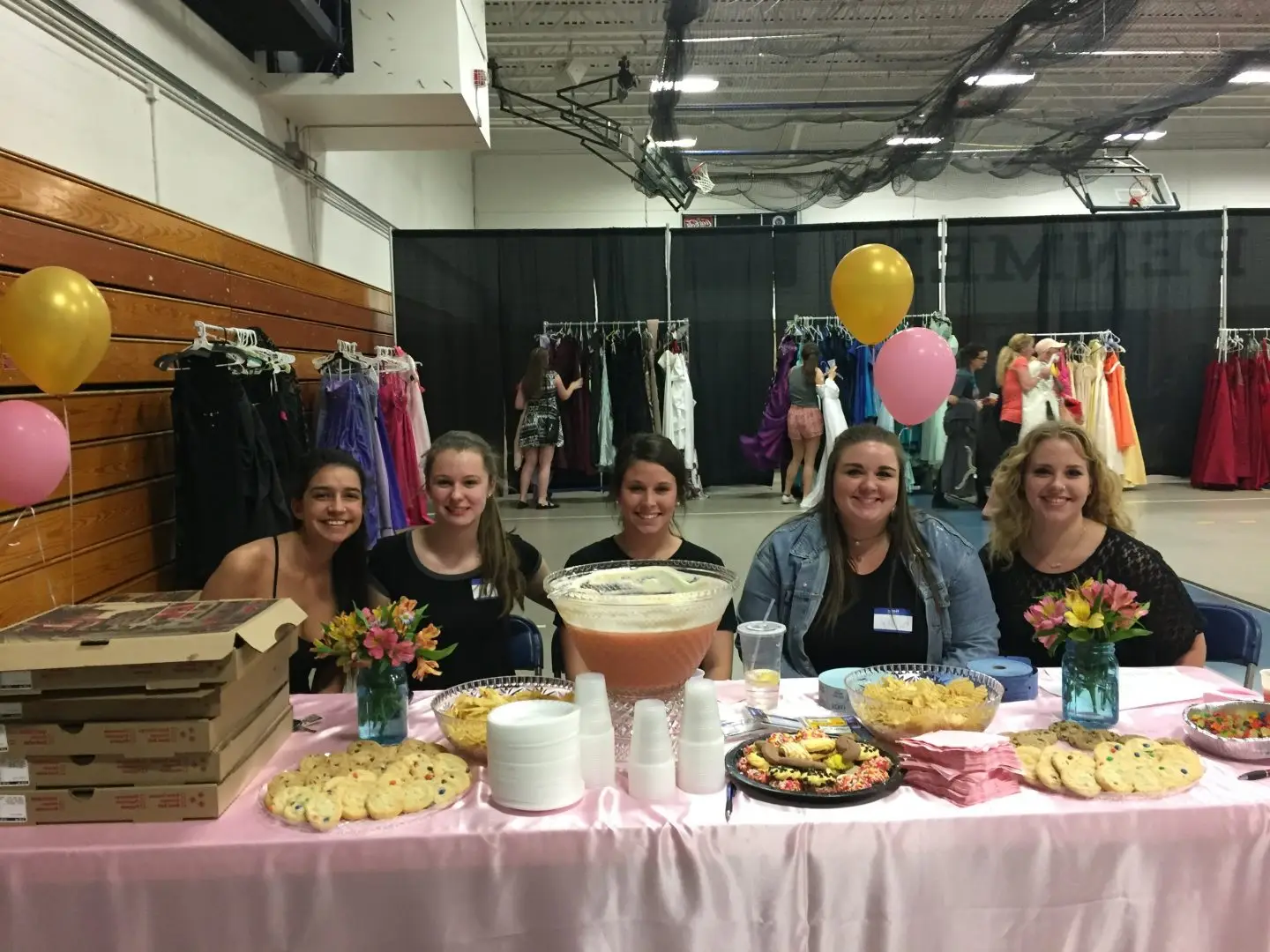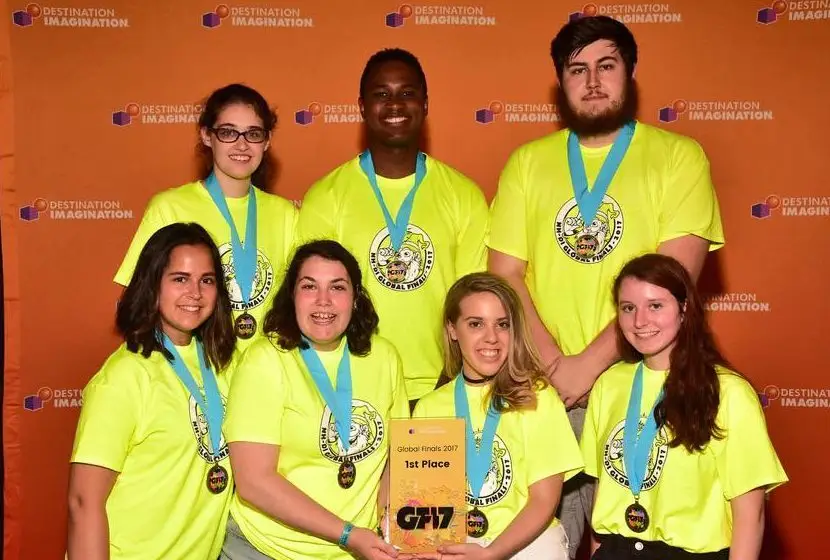Suicide is a difficult topic for many of us to talk about. Serious discussions about suicide are not common, but such discussions encourage awareness and action, which are the building blocks of prevention. On Monday, September 10, Kappa Chi collaborated with The Center for Community Engaged Learning (CCEL) to bring Talk Saves Lives, a program that encourages individuals to become educated about this often-misunderstood concept.
September 10 is World Suicide Prevention Day. The program was one of many events occurring nationwide as part of National Suicide Prevention Week, which spanned Sunday, September 9 to September 16. Lisa Riley, Board Chair of the New Hampshire Chapter of the American Foundation for Suicide Prevention (AFSP), led the discussion. She broke down the conversation into four parts: the scope of the problem, research methods, prevention and warning signs. Attendees were treated with free ice cream before the program began.
Many staggering statistics were presented at the beginning of the program. Global deaths from suicide total 800,000 and in the U.S., suicide ranks as the tenth leading cause of death.
The terminology that is often used when discussing suicide was addressed throughout the program. Riley advises using terms such as “died by suicide” and “ended his/her life” rather than “committed suicide” or “successful/failed attempt.” Riley emphasized how the word suicide has an aura of shame surrounding it and it is important to dispel such connotations.
Prevention was among the many key topics discussed. “Access to mental health care is imperative,” said Riley. “Being proactive about your mental health is a sign of strength and a sign of courage.”
There are numerous risk factors for suicide such as depression, anxiety disorders, family history and prolonged stress, but not everyone who possesses these risk factors will develop suicidal thoughts or actions. Suicide is incredibly complex and everyone who has ended their life had a unique situation that put them at risk.
Although it can be difficult, speaking with those whom we are concerned about can have a significant impact. “Keeping someone safe from suicide requires a dialogue,” said Riley. “Honest and open conversation is the right way to talk about this.”
Kappa Chi member Hannah Selzer (’21) believes that the goal of the event was “to prevent suicide and learn how to talk to friends who are struggling…I think it brings a lot of new ideas. It’s not every day [that we] talk about it.”
AFSP offers many programs that students can get involved in. Also, Riley encourages everyone to save the suicide prevention hotline into their cell phones as a contact. The number is 1-800-273-8255.




